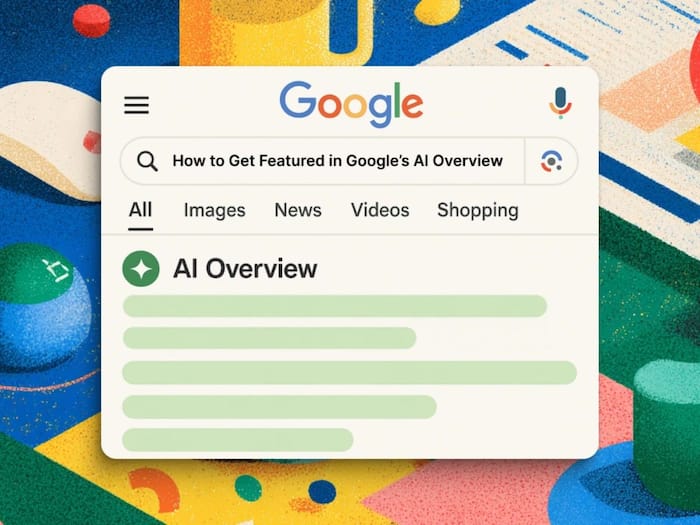
Written By Deepti Ratnam
Published By: Deepti Ratnam | Published: Jul 24, 2025, 12:35 PM (IST)

The usage of Artificial Intelligence in search engines is evolving in order to become more answer-oriented than link-driven. This has not just increased a new dilemma for online publishers, but also increased the chances of not getting their content link gets linked. One of the best examples of this is Google’s AI Overviews which are quick AI generated summaries displayed at the top of our search results. These quick AI generated summaries are now reshaping how users interact silently and hence it is draining traffic from the websites. This is posing a serious challenge for digital publishers who rely on clicks for generating revenue.
A recent study was conducted by the Pew Research Center that indicated that there has been a significant shift in how users engage with content on websites and hence it is getting affected due to Google’s AI overviews. As per the report, only 8% of visits involving an AI summary resulted in a click to a website, compared to 15% on pages without such summaries. This suggests that AI-generated overviews may be satisfying user intent right on the search page.
To publishers (particularly in the news business) this loss of traffic may be literal in the bottom line. Google has become almost the default means of discoverability and monetization for many publishers. The fear is that as long as AI Overviews remain prevalent in search activity, it is possible that there is a loss of exposure for smaller outlets that are not regularly mentioned in summaries. Interestingly, the AI summaries cite primarily sources such as platforms like Wikipedia, YouTube, and Reddit and leave the conventional news media out of the equation to a large degree.
Google CEO Sundar Pichai is still positive whether they like it or not the publishing world is becoming increasingly uneasy. As he said in an interview with The Verge, Google will not allow AI to be used to harm the content producers. Pichai underlined that the company was trying to compromise between the convenience of its users and equitable traffic distribution.
It was also found in the report that users were more inclined to terminate the search session once they read the AI summary 26 percent more than those who read only 16 percent. Should this pattern continue, AI Overviews would transform the way publishers win readers and make money in the era of AI-first search.